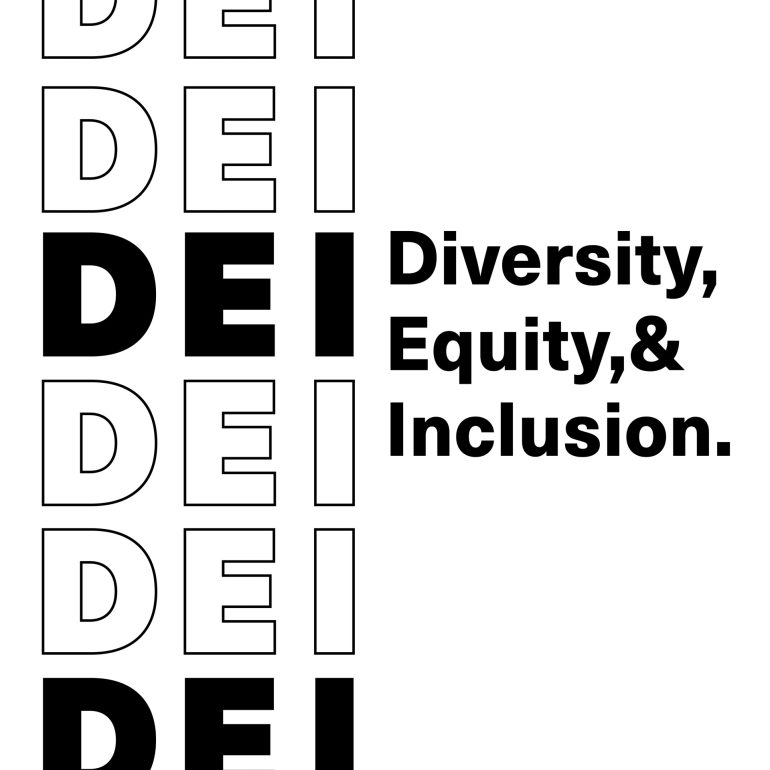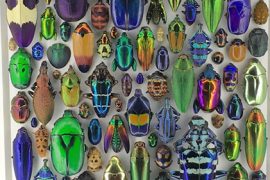I am a neurodiverse student. I have auditory processing disorder that is thought to likely have been the result of spinal meningitis at the age of 2. After meeting Darcy Kramer in the PSU Disability Resource Center (DRC) when I started PSU, I began to feel like anything was possible. I have gone from art student to law student and this is my 5th published piece in the Sentinel.
Some of the worlds’ most valuable individuals are recruited from a minority group with subgroups represented by the compound word: Neurodiversity. Many are becoming successfully acknowledged and included into the workforce. Many more should be. But what does a successful inclusion of neurodiversity entail?
Neurodiversity is almost self explanatory. What’s missing from its self explanation and its actual definition is a full understanding of the intricacies of the path to inclusion that it implies. While companies increasingly add Diversity, Equity and Inclusion campaigns into their hiring strategies, often sub-groups, particularly the invisibly neurodiverse population, get left out. In many cases then, diversity is not obvious, and in some of those, even self-denied or self-withheld in fear.
Why fear? The perceived benefit for a neurodiverse individual to self-identify and/or advocate their neurodiversity carries dual inherent risks. First, the fear of being subscribed to a sensational or counter-productive patterning of treatment. Second, to being seen as more of an investment commodity. Companies add budgets to balance diversity quotas often boasting incentives either externally and internally or both. While celebratory campaigns and advocacy is definitely in order for companies to draw attention to their interest in joining the belated bandwagon of DEI, there is a serious need to be conscientious of the fears of the neurodiverse community as recruitment unfolds.
This awareness should be integrated in the recruitment process from the sourcing stage to the hire stage to the asset development stage. For an individual to be featured and enlarged by an organizations’ choice to contribute to support of Diversity, Equity and Inclusion, like a forced Rosie Riveter, can be both embarrassing and draw unwanted attention that carries any level of uncomfortability into the day to day work environment post hire.
Similarly, to be seen as a bottom line booster, can be obviously dehumanizing, self-disempowering, and also isolating socially, to name a few repercussions. Often, segregating microsections are established socially in the workplace between company vision and actual, authentic on-the-ground diversity of thought and cooperation. It does not assist companies to mitigate this either when they are fighting against a media proliferation of warmongering narratives that use diverse populations as a weapon against other diverse populations. Nevertheless, companies like Microsoft and Uber, where Jessica Tenger works, are embracing authentic real benefits of diversity which starts with strong and ends with stronger.
These sentiments I have carried around as feelings. It was exhilarating that these sentiments were addressed by Jessica Tenger in her talk that I attended on April 18 at the 2024 Diversity Empowerment Summit, hosted in tandem with the Linux Foundations’ Open Source Summit in Seattle. She gave words to my feelings.
Jessica is a thought-leader. Female, blind, and a rising computer scientist, she inspires tech companies (and the world) into conscientious DEI processes. In her talk, titled, “Beyond the Trend: Authentic Approaches to Fostering Diversity in Open Source“, Jessica shared openly about the current realities that neurodiverse students and employees experience. In her words, she represents the core essence of the force of thought needed for an equitable future.
“When I started I thought it was going to be like my other university where everyone always saw me for my disability instead of actually recognizing me for everything I have done, everything I have potential to do and recognizing me as the young adult that I was. They made me feel welcome by not focusing too much on my disability.”
Jessica’s voice was bold and full of confidence on stage. She continued,
“The perspectives I have heard a lot when talking to people in my own minority group, being blind, and also similar ones, are that there are some fears that go out in the communities….being hired basically for your disability and not because you bring something valuable or not because you were the best qualified candidate. That’s typically done in companies that are only doing DEI to fill quotas and not actually because they want a diverse workforce. It’s typically very easy to spot, but people having the same amount of women in their teams, if there’s ten teams, and exactly one woman in each team that’s a very good indication that they only put the teams together in such a way to fill a specific quota, like 20 or 25%.”
To me, this was not only confirmation that the neurodiverse community is experiencing the same fear that I am as I attempt to navigate a world largely oblivious to neurodiversity, but also that we (the neurodiversity community) do not have to. I agree with Jessica. DEI should be business as usual. I should be hired for my skills alone and if I do, I should be treated like business as usual. Jessica’s talk gave me incredible hope to keep believing this and inspiration to be fearless.
Authentic DEI campaigns at companies are those that hire individuals that ameliorate the dire diversity deficit to the workforce because they believe in doing so. The DEI goal challenge to companies for the next ten years, in my mind, is to create a global inclusion culture that invites neurodiversity and does not ever contribute to the fear of a potential employee being sensationalized or commodified.
The essence of inclusion is business as usual. How else can a global society be built where all are treated fairly and without discrimination no matter what membership one has?
Follow Jessica here.
by Darcy Williams, a PSU BS + MS Student passionate about Disability Rights Advocacy





